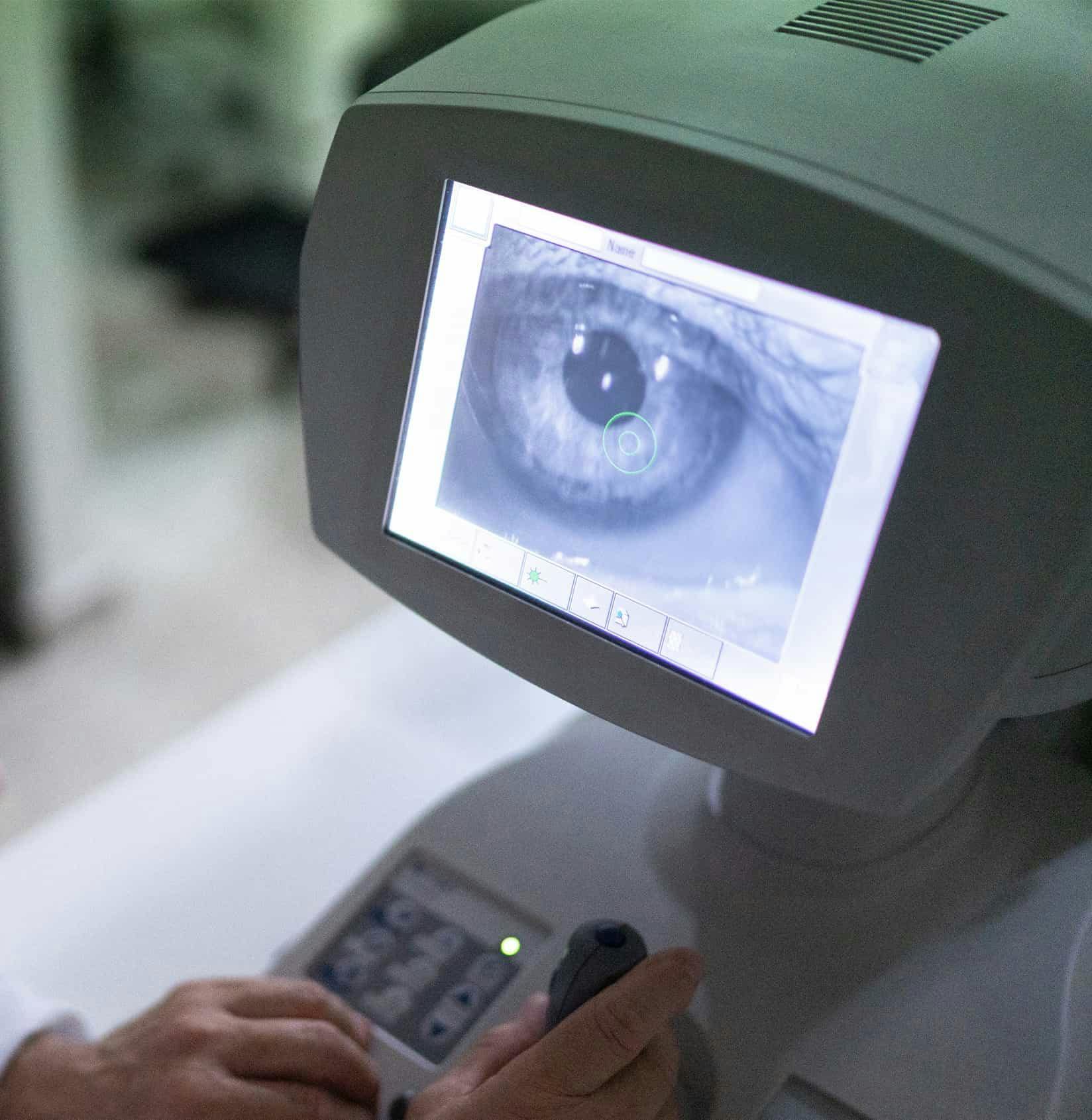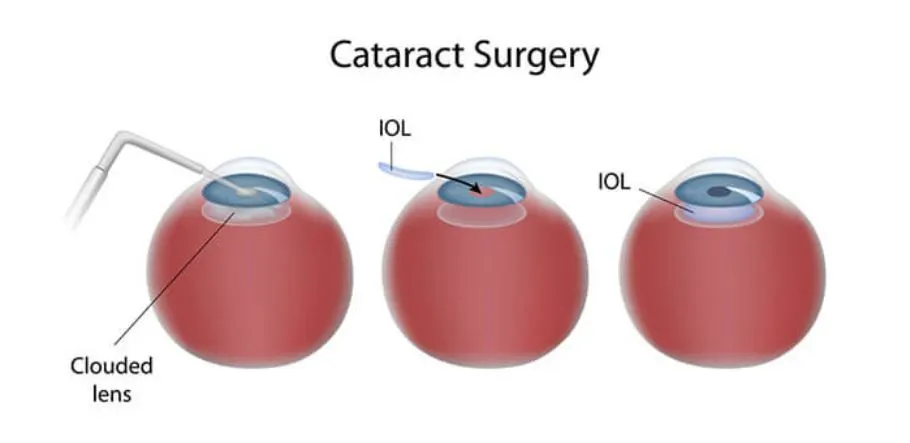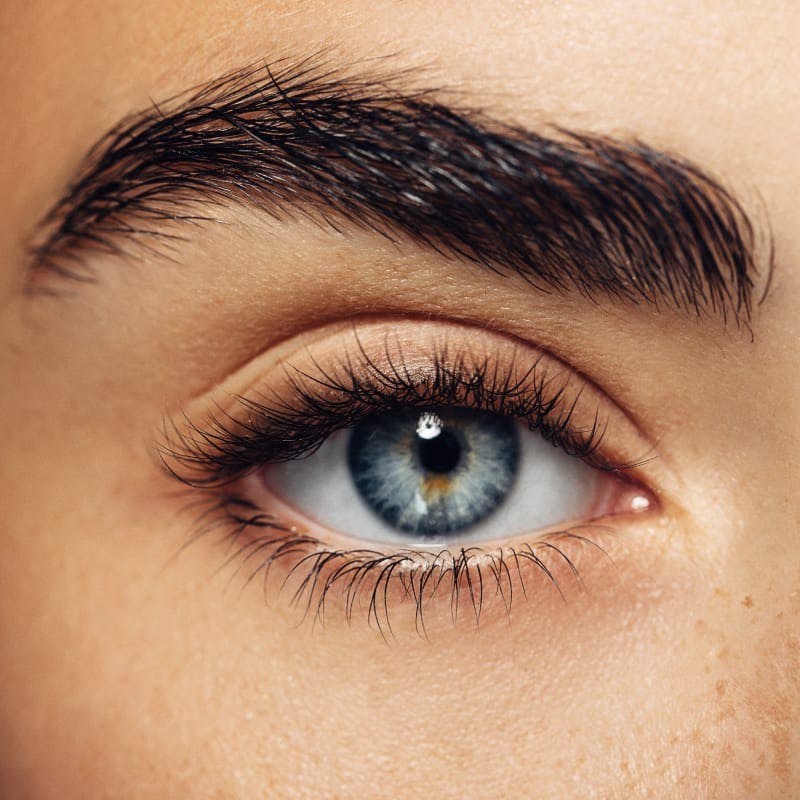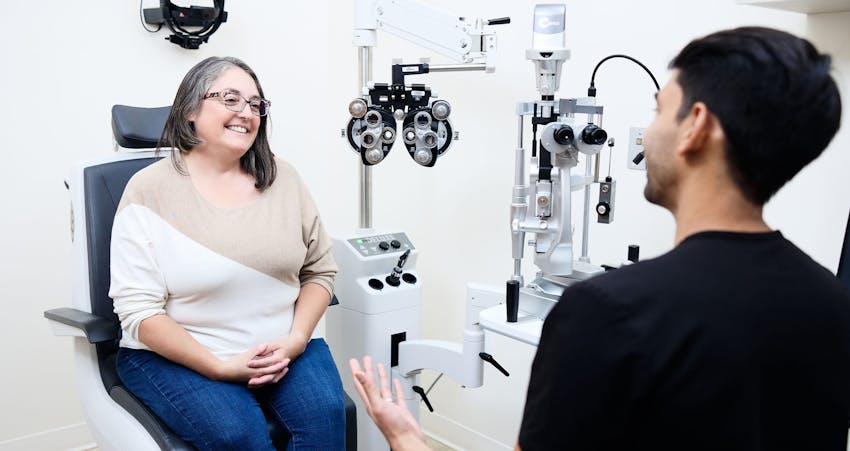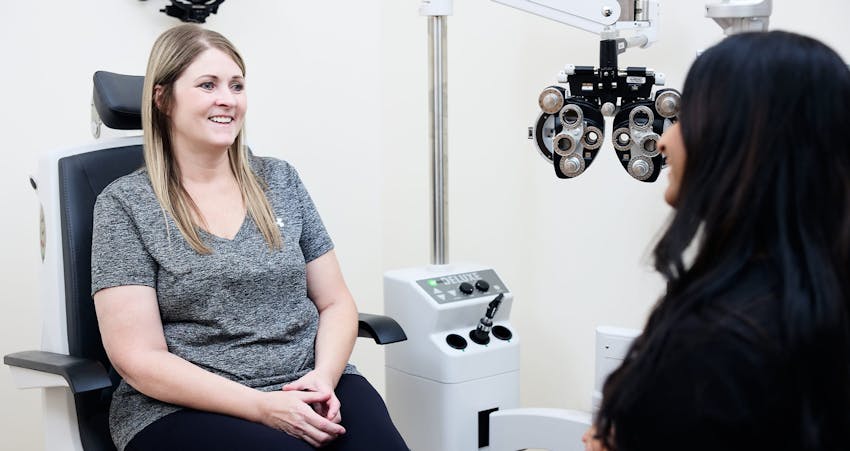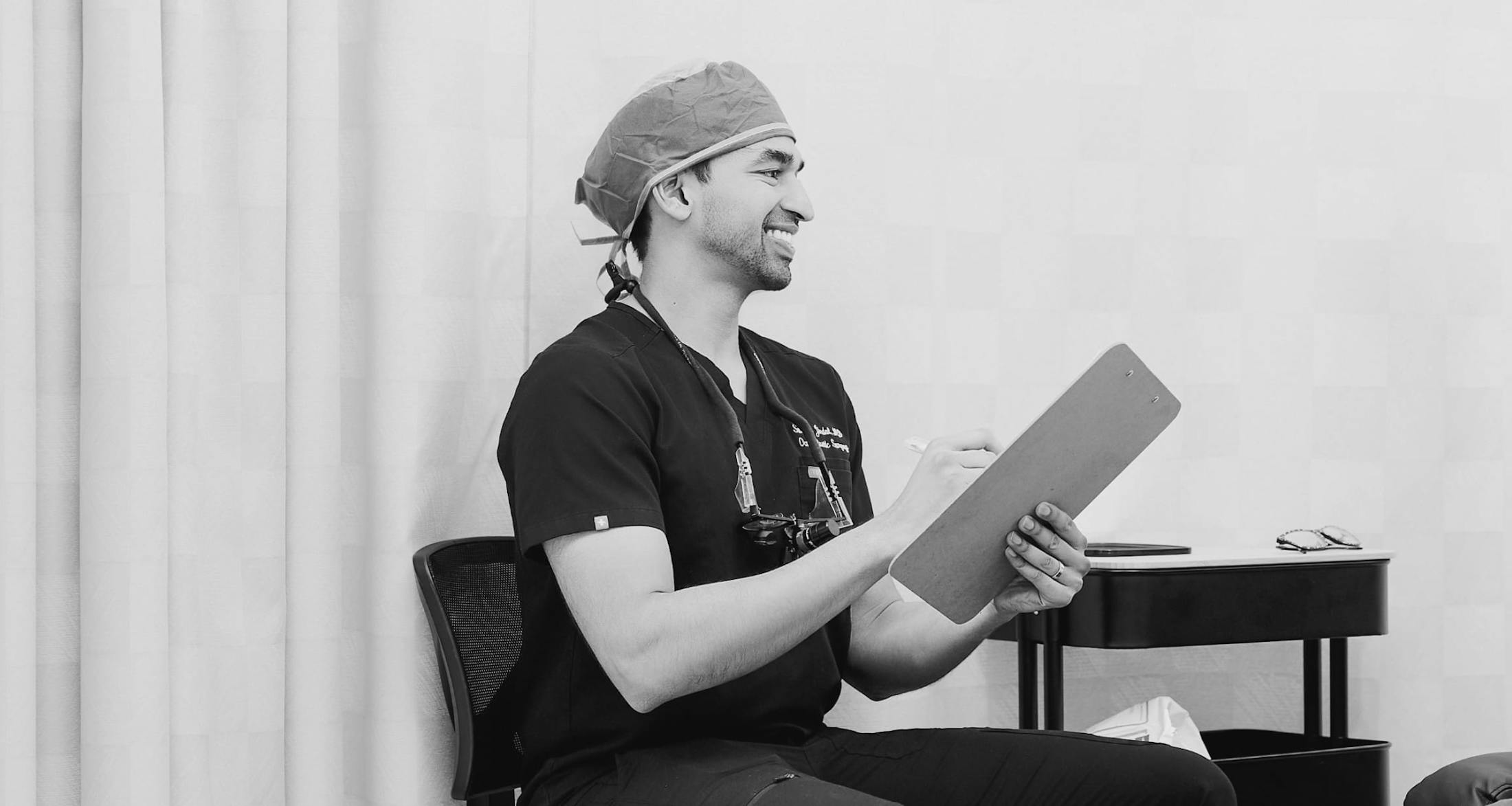Restore clear, sharp vision by removing the clouded lens and replacing it with an artificial lens.
Understanding Cataracts
Cataracts are a common condition that can cause significant vision impairment, particularly as we age. They occur when the natural crystalline lens of the eye becomes clouded, blocking light from properly reaching the retina. This clouding can lead to symptoms such as blurry vision, faded colors, difficulty driving at night, and sensitivity to bright lights. Many patients describe the experience as looking through wax paper or frosted glass.
Cataracts typically develop gradually over time, but their progression can be unpredictable. Various factors, including aging, UV exposure, smoking, certain medications, and medical conditions such as diabetes, cause them. While cataracts are not preventable, modern cataract surgery offers a highly effective solution to restore clear vision and improve quality of life.






